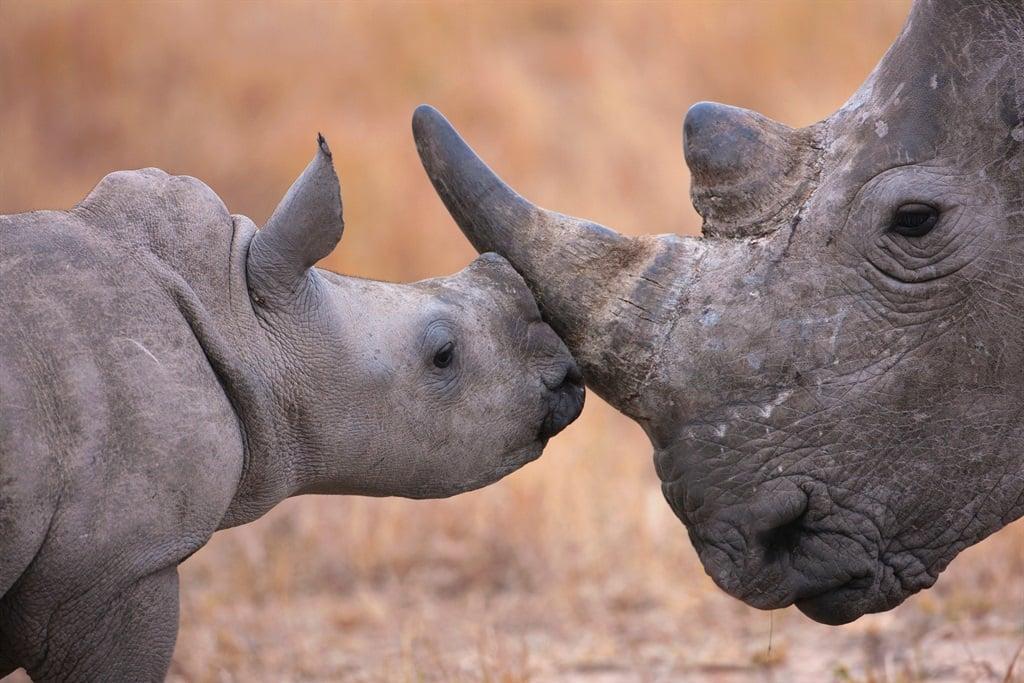Africa-Press – South-Africa. The implementation of lie-detector tests for game rangers will give rangers an opportunity to “demonstrate that they are trustworthy” and “committed to the protection of rhinos”, SANParks has said.
SANParks is developing a standard operating procedure (SOP) for the implementation of its recently approved polygraph testing policy.
SANParks spokesperson Rey Thakhuli said the policy was approved by the board in November and was signed into effect by the acting CEO.
He said the policy was developed after extensive consultation with labour law experts and organised labour.
According to Thakhuli, polygraph testing will ultimately become compulsory in certain job categories based on a risk assessment.
“However, the current labour law environment and SANParks conditions of service disallow compulsory application of polygraph testing. The policy, however, paves the way for negotiating a collective agreement shortly that will result in the amendment of the conditions of service as well as the inclusion of compulsory polygraph testing as part of new employment contracts,” he said.
For existing employees, amendment of employment contracts in line with the policy can only be made after negotiations and a collective agreement with organised labour, Thakhuli added.
There is an option for individual employees to voluntarily agree to have their employment contract amended.
“This will be done to manage risks without compromising employees’ rights and resulting in victimisation.”
Thakhuli added that polygraph testing could play an important role in preventing staff involvement in criminality, such as rhino poaching. This conclusion was drawn from a pilot study among rangers in the Kruger National Park a few years ago.
“The pilot suggested that for most of our rangers, polygraph testing provides an opportunity to demonstrate that they are trustworthy and that it could be one of many initiatives that SANParks uses to deter employees from participating in criminal activity.”
Employees who fail the test are not likely to face disciplinary action, but the test could be used with other tools, such as investigations, to inform criminal and disciplinary procedures.
Thakhuli said:
In response to a parliamentary question, Environment, Forestry and Fisheries Minister Barbara Creecy said the policy would be implemented next year.
“The SANParks polygraph testing policy was approved by the board on 23 November. It is envisaged that the policy will be implemented in the fourth quarter of the 2022/2023 financial year. The polygraph testing standard operating procedure has also been developed to guide the implementation of the policy,” her response said.
DA spokesperson on forestry and fisheries Dave Bryant welcomed the move which he said would help “combat the rampant ongoing poaching of South Africa’s endangered wildlife”.
“The DA has been one of the strongest advocates for the use of polygraph testing as a means to hold SANParks employees to account,” he said.
“Plans to implement polygraph testing have unfortunately been stalled for many years, during which time thousands of endangered animals, in particular our rhinos, have been poached. The move will sadly come too late for the many rangers who have lost their lives to poachers and so many animals that have been the victims of collaboration between corrupt staff members in SANParks and the criminal underworld,” he said.
Bryant added that Creecy “must do all she can to compel the minister of police to work with Interpol to tackle these criminal networks”.
conservation groups had called for authorities to disrupt international organised crime groups to stop rhino poaching at South African reserves.
According to the WWF South Africa, the threat to African rhinos from transnational crime networks remains high, despite a reported pause during the Covid-19 lockdown periods.
In the first six months of this year, 259 rhinos were killed in South Africa.
Based on recent information that describes the global status of rhinos, which the IUCN African Rhino Specialist Group released, African countries recorded 2 707 illegal killings of rhinos between 2018 to 2021. South Africa continues to face the greatest threat, reporting 90% of these losses.
For More News And Analysis About South-Africa Follow Africa-Press






